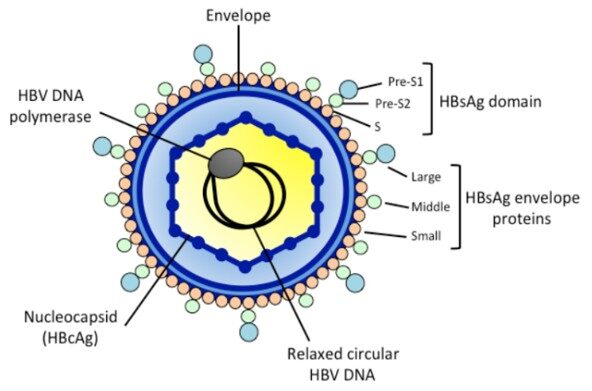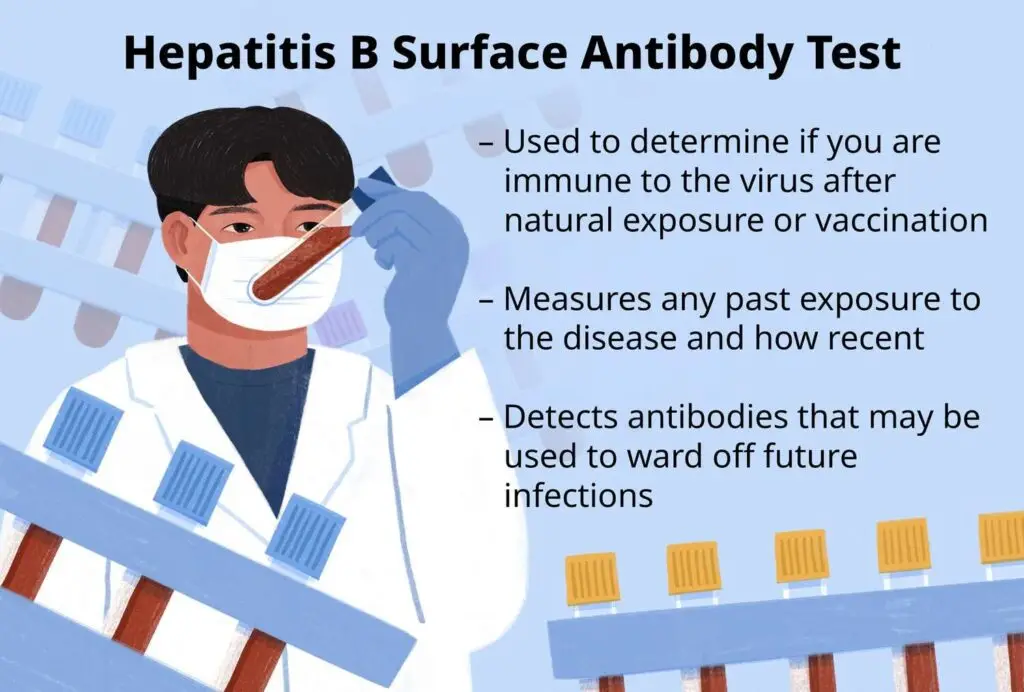HBsAg
HBsAg

What is HBsAg?
HBsAg, or Hepatitis B surface antigen, is a protein found on the surface of the Hepatitis B virus (HBV). Its presence in a blood test is a key indicator of an active hepatitis B infection. When a person is infected with HBV, their immune system recognizes this protein and produces antibodies to fight the virus. A positive HBsAg test means that the virus is currently in your body and you are contagious.
Causes and Transmission of Hepatitis B
Hepatitis B is caused by the Hepatitis B virus (HBV) and is a global health issue. The virus is highly contagious and is transmitted through contact with infected blood, semen, or other bodily fluids.
The most common ways to get infected include:
- Mother to child: An infected mother can pass the virus to her baby during childbirth.
- Sexual contact: Unprotected sex with an infected person is a primary mode of transmission.
- Sharing needles or injection equipment: This is a significant risk factor for those who inject drugs.
- Contact with infected blood: This can happen through shared personal items like razors, toothbrushes, or nail clippers, or through accidental needle sticks in healthcare settings.
Hepatitis B is not spread through casual contact like hugging, kissing, or sharing food and water.
Symptoms of Hepatitis B
Many people with hepatitis B, especially those with a new infection, have no symptoms at all. This is why it’s often called a “silent infection,” as people can unknowingly spread the virus to others. When symptoms do occur, they can range from mild to severe and may include:
- Flu-like symptoms: Fever, fatigue, muscle and joint pain.
- Digestive issues: Nausea, vomiting, loss of appetite, and abdominal pain.
- Jaundice: A yellowing of the skin and eyes.
- Changes in urine and stool: Dark-colored urine and pale, clay-colored stools.
If an HBsAg test is positive, it’s crucial to consult a doctor. They will order additional blood tests to determine if the infection is acute (short-term) or chronic (long-term) and assess the health of your liver.


